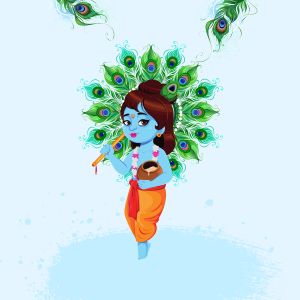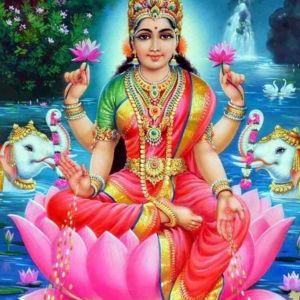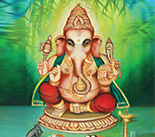Recommended for you
Laws are not sufficient for the betterment of the society-Cultivating values are equally important
 Click here to know more..
Click here to know more..
Bhagawan Is Beyond Human Comprehension

Bhagawan is a mystery that transcends human comprehension.....
Click here to know more..Lakshmi Stuti

आदिलक्ष्मि नमस्तेऽस्तु परब्रह्मस्वरूपिणि। यशो देहि धन�....
Click here to know more..
English Topics
Ganapathy
Click on any topic to open
- 54 The Power of Ganesha Shadakshara Mantra
- 53 A Prayer To Lord Ganesha
- 52 Lord Ganesh And Yoga
- 51 Story of Brahma Cursing His Own Son Narada
- 50 Ganesha Helps Brahma To Create The World
- 49 Why Are Lakshmi And Ganesh Worshiped Together?
- 48 Lord Ganesha Blesses Kardama
- 47 The Ideal Way To Observe Vinayaka Chaturthi Vrata
- 46 You Can Worship A Ganesha Devotee Instead Of Lord Ganesha Himself
- 45 Do You Know Why Parvathy Devi Performed Ganesha Puja?
Please wait while the audio list loads..
30
Ganapathy
Shiva
Hanuman
Devi
Vishnu Sahasranama
Mahabharatam
Practical Wisdom
Yoga Vasishta
Vedas
Rituals
Rare Topics
Devi Mahatmyam
Glory of Venkatesha
Shani Mahatmya
Story of Sri Yantra
Rudram Explained
Atharva Sheersha
Sri Suktam
Kathopanishad
Ramayana
Mystique
Mantra Shastra
Bharat Matha
Bhagavatam
Astrology
Temples
Spiritual books
Purana Stories
Festivals
Sages and Saints
26
15
13
Copyright © 2024 | Vedadhara | All Rights Reserved. | Designed & Developed by Claps and Whistles
